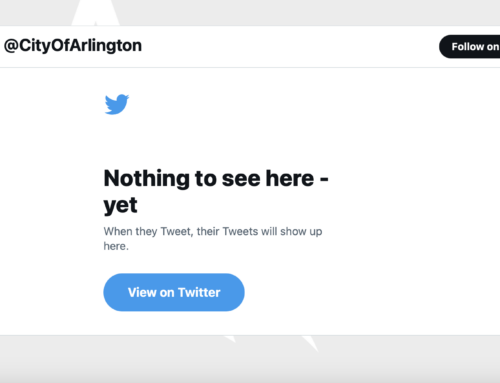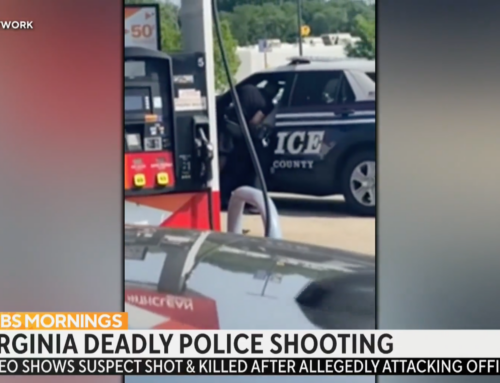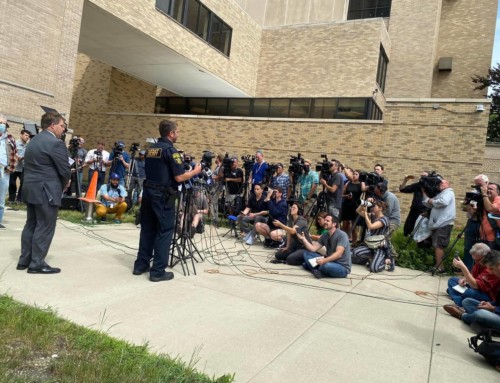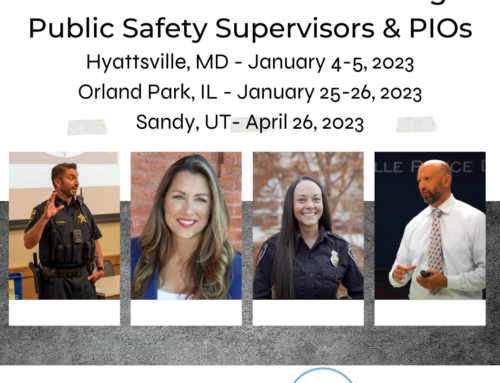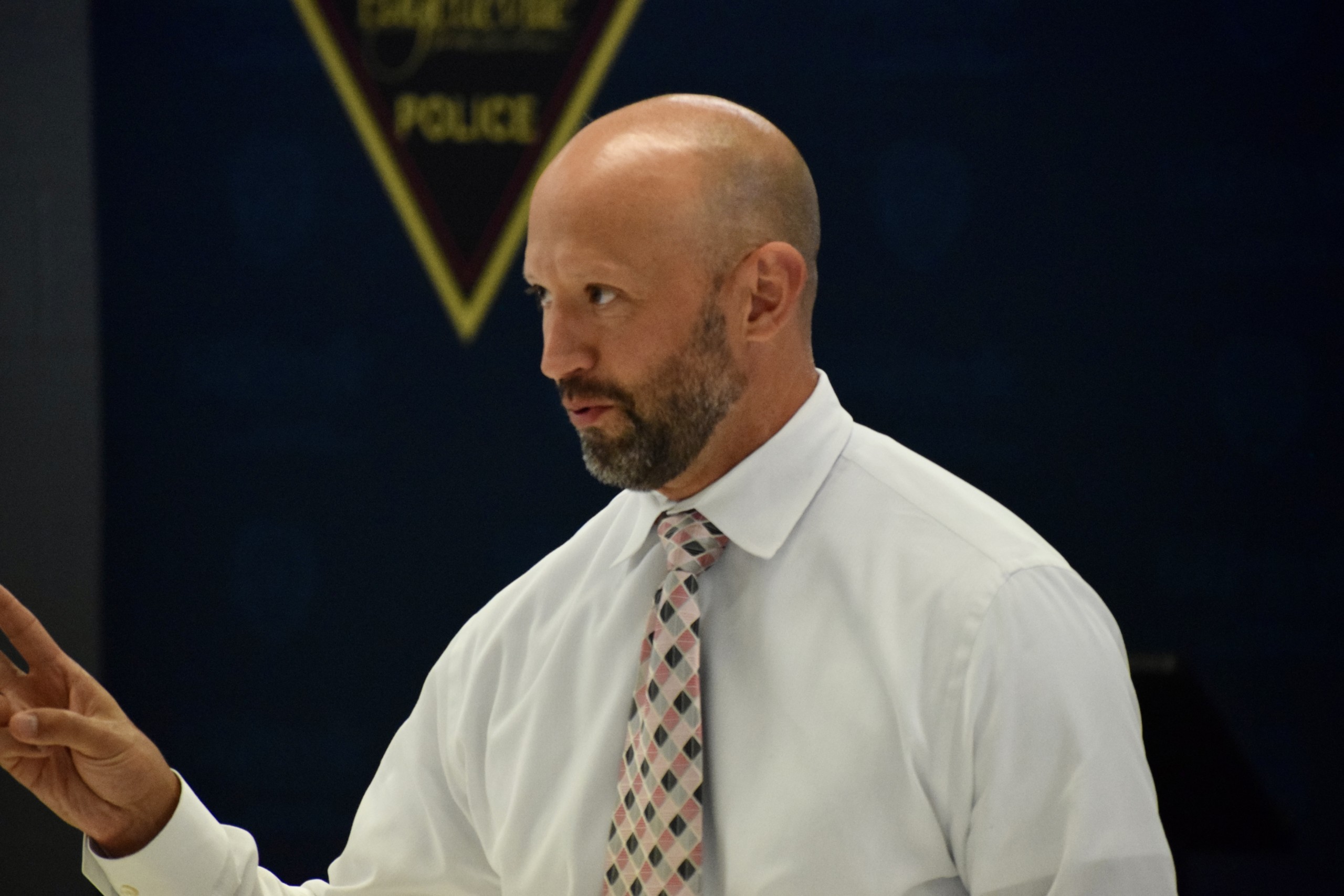 Our mantra at Julie Parker Communications (JPC) is Tell Your Story. The more organizations do that, the more likely they are to increase trust and build their brand. While we at JPC are prolific at telling our story through social media, whether it be LinkedIn, Twitter, or Facebook, we’re adding another layer to our communicating with you; our clients, our networks, and our friends.
Our mantra at Julie Parker Communications (JPC) is Tell Your Story. The more organizations do that, the more likely they are to increase trust and build their brand. While we at JPC are prolific at telling our story through social media, whether it be LinkedIn, Twitter, or Facebook, we’re adding another layer to our communicating with you; our clients, our networks, and our friends.
For the first time since Julie Parker Communications was founded in 2014, we are launching a blog. Our team of communicators, and from time to time, guest writers, will share their experiences, successes and lesson learned in communications. Sign up here to never miss a post:
In this first post, we focus on our first full-time hire. Retired Chief Christopher Mannino studied public information at the prestigious FBI National Academy in Quantico when he attended as a young commander in 2009. Since then, he made it a priority for his former department, the Park Forest Police Department just outside of Chicago, to become extremely communicative with the population it served. In fact, they developed such a reputation for interacting with the public through social media that the Chicago Tribune published an article featuring their efforts. After retiring from law enforcement earlier this year, he made the jump to the private sector to join JPC. Since leaving the profession he devoted 25 years of his life to, he’s heard from so many who still serve in law enforcement asking about his journey from public sector to private. To help those who are interested in one day making a similar leap, JPC founder Julie Parker sat down with Christopher to dive into that topic.
Julie: How did you accomplish the transition from sworn to civilian?
Christopher: The key to a successful transition from law enforcement leadership to the civilian world comes down to two key components. First, establish a wide network that includes but also extends beyond law enforcement connections and ensure that network includes the digital world. For example, my LinkedIn network played a significant role in my finding life outside of law enforcement. As your network grows, the key to effective networking is giving to others freely, providing value wherever you can, without expecting something in return. It returns on its own in ways you might not expect.
Second, develop a skill set that translates outside of policing. While effective leadership skills are universal, not everyone in the business world appreciates that experience outside of their industry. It helps to develop a niche in your law enforcement career that has applications outside of sworn police work. For me that centered on public communication.
Julie: How did communications become your focus?
Initially it wasn’t. My focus early in my early career was on investigations and special operations. But In 2009 as a 34-year-old shift supervisor, I attended the FBI National Academy and I decided to focus on communications in my studies. I recognized that we were weak in that area as an industry nor did we have strong public communicators as an agency. Even though it was an era pre-Ferguson, it was clear that law enforcement could be much better and building trust through transparency. Under the premise of turning weaknesses into strengths, I began to focus on the police department’s relationship with the community but specifically how that occurs through communication.
Hear more about his transition to a civilian career by listening to Julie interview Christopher on the FBI National Academy Associates podcast. Listen Here
Following her appearance at the Mississippi chapter re-trainer, Julie recorded an episode on the FBINAA podcast: Listen Here
If you’re interested in having either Julie or Christopher speak at your upcoming FBINAA chapter conferences and re-trainers, please let us know here.
Stay up to speed on the latest in communications by subscribing to our blog.

